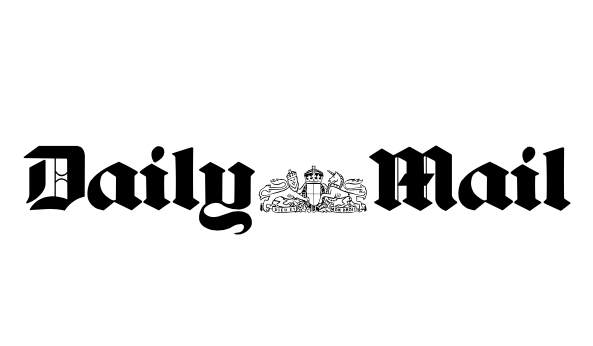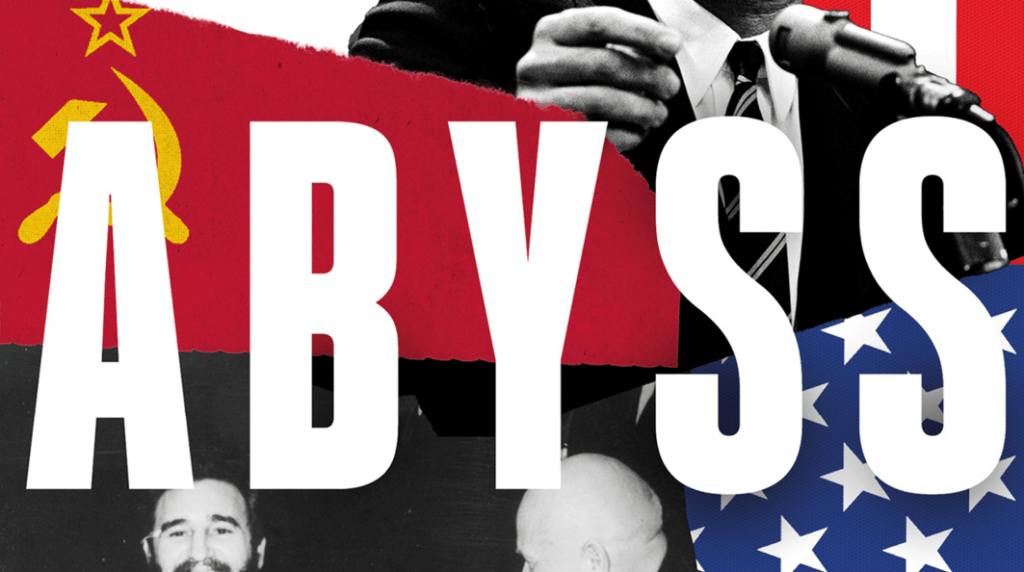Max gives his personal view on the EU referendum in the Daily Mail.
An email reached me last week from a man who said that although he owns most of my books, he was busily burning them in his garden because he has read that I shall vote Remain on 23 June. One likewise hears of country suppers rent by near-fisticuffs between Stayers and Goers.
Suez in 1956 seems the most recent precedent for the intensity of bitterness unleashed among Conservatives by the referendum campaign. This is wildly unreasonable, because there are heavyweight arguments on both sides. First, any honest Europhile should acknowledge that since 1980 many of the charges made by Eurosceptics have proved well-founded.
The EU has lost its way, thanks to fanatics who have sought to transform it from a free trade area into a political and economic union. The Eurozone promises Southern Europe only perpetual austerity and consequent political extremism. Brussels seems incapable of forging a credible response to mass migration, the greatest threat to the continent’s stability and social cohesion since 1945.
Many people are angry with David Cameron, because he promised a renegotiation with Brussels which never seemed plausible, then insulted voters by flourishing a figleaf in place of a credible deal, which almost made me a Leaver.
In the end, however, I shall vote Remain for reasons that are not all rooted in a mere instinct to cling to nurse for Hilaire Belloc’s reasons. On 23 June, we are not being offered a choice between good and evil, Satan’s emissaries and the angels. We shall be asked to make a marginal judgement call, which is what most of grown-up life is about.
The single market has well served Britain, and especially the vital financial services industry. Some Leavers seem to believe that if we can only ‘liberate’ ourselves from the EU a bright dawn beckons, wherein all the nation’s problems will vanish. Yet the most serious of these- unsustainability of the NHS, a failing education system, poor productivity, flagging manufacturing, a frightful balance of payments deficit- have nothing to do with Brussels.
As for migration, I will hazard a wild guess that leaving would enable us to cut immigration by perhaps 15%- no more. We may regain power to keep out Polish plumbers and Romanian car washers, but a large proportion of the migrants whom we least want will continue to land at Heathrow and overstay visas, exploit relationships with people already domiciled, enter illegally. The migration nightmare- and assuredly it is a nightmare- seems fundamentally a manifestation of globalism. Even if the will exists to control it, the practical difficulties are immense.
Since a majority of those determined to Leave will vote that way because they yearn to seal our borders, if they prevail I suspect they will experience disappointment and frustration. Even if we fortify Britain with wire and minefields, which would rather spoil the attraction of life here for residents as well as newcomers, this huge problem will remain subject only to mitigation, not solution, best achieved by multilateral action.
Both sides in the referendum argument bandy speculative and fanciful economic figures, but the Remainers’ numbers seem slightly more credible. Departure will cost us all money, and discourage inward investment. At a time when the economic and political environment is already unstable, the fall-out is incalculable.
Leavers welcome the cleansing prospect of an EU break-up. Again, I might join them if we seemed likely to achieve a return to a free trade area, together with demolition of Brussels’ obese bureaucracy and futile democratic machinery. Chaos seems more likely, however.
Mervyn King, then governor of the Bank of England, offered me some private forecasts five years ago, when Cameron first promised a referendum on EU membership. King thought the Eurozone ultimately doomed, but believed a crunch could be postponed well beyond 2017.
He suggested that the prime minister was rash to commit to a deadline which made it unlikely that we should see clearly what sort of Europe we were voting for or against, because so much is in flux. He also argued that if Britain takes the lead in breaking up the party, other European governments will do everything in their considerable power to punish us. These prophesies still look pretty sensible: the odious Jean-Claude Juncker, EU Commission president, last week explicitly threatened vengeance on quitters
Finally, although this campaign is supposed to be about issues, it has evolved into a presidential contest between David Cameron and Boris Johnson. Politically, if the Brexiters triumph Cameron will become a dead man walking, with Johnson his most likely successor. Comparisons with Donald Trump, the other ‘blond bombshell’, seem misplaced, because the ex-mayor is far more intelligent. He shares with Trump, however, an absolute lack of equilibrium, stability, ‘bottom’ which would be terrifying in a prime minister.
Though his comparison of the EU’s objectives with those of Hitler has roused outrage abroad, it has prompted surprisingly little inside Britain, save Lord Heseltine’s understandably contemptuous comments. Foes as well as supporters have sighed and said: ‘typical Boris’. Such indulgence seem mistaken. This is a man whose relationship with truth and political coherence is little more impressive than that of Jeffrey Archer. Any one of twenty indiscretions in Johnson’s career would have sunk a less dazzling master of the pier-end turn, and indeed U-turn.
Having known Boris for years, I cannot bring myself to cast a vote which could trigger his advance to Downing Street. The Hitler line should properly be the end of him, save as a journalist and star of TV reality shows. Only in the potty new world of celebrity populist politicians can a real prospect persist of his governing this country.
It seems quite mistaken to suppose that, whichever way the vote goes on 23 June, the European debate will achieve a closure. The migration crisis will worsen, probably intensified by terrorist atrocities. I cannot believe that the EU, and even more the Eurozone, will or should survive in their present form through another decade.
If we remain members, we shall have a voice in seeking an outcome that salvages its best elements, above all the single market, from today’s admitted unholy mess. If we leave, we become impotent and bear the odium for the ensuing pile-up.
A few years ago I heard a speech made by one of Germany’s foremost industrialists, in which he expressed hopes that Britain would remain in the EU, then concluded: ‘With the utmost courtesy I would suggest to our British friends that should you leave, you may find it cold out there’.
Partly because I often visit the US, and know how little influence we command in its high places except as a partner in Europe, I believe that German was right. As a citizen, I am willing to give the British government, and its support for the EU, just one more chance. I suspect that enough others will do likewise to secure a Remain vote next month.
David Cameron should show statesmanship enough to treat such a victory as a beginning, not an end. It has become both important and symbolic to escape from the bondage of the hopelessly outdated European Convention on Human Rights, even though that has nothing to do with Brussels.
And if the EU itself does not change profoundly, or if the Eurozone defies gravity by pursuing a mad march towards political unity, there will surely be another British referendum within a decade. In such an event, the Leavers would likely win…and deserve to.



